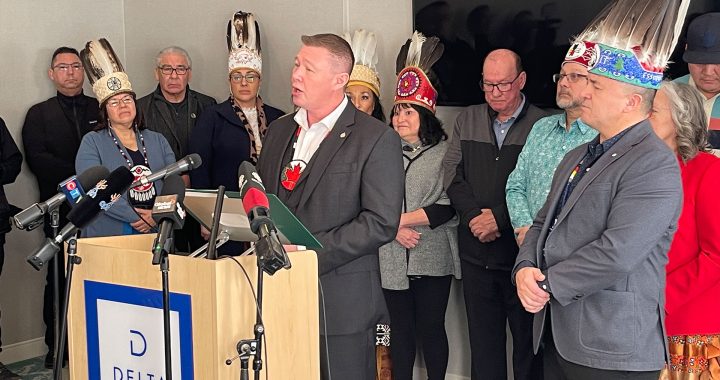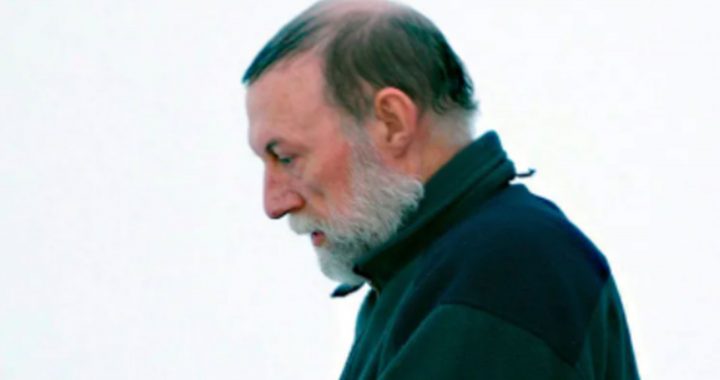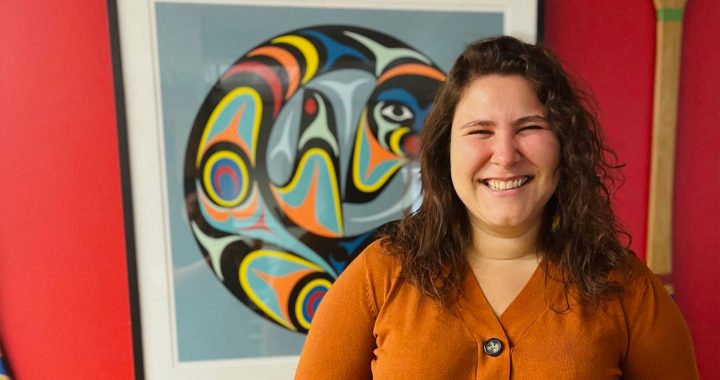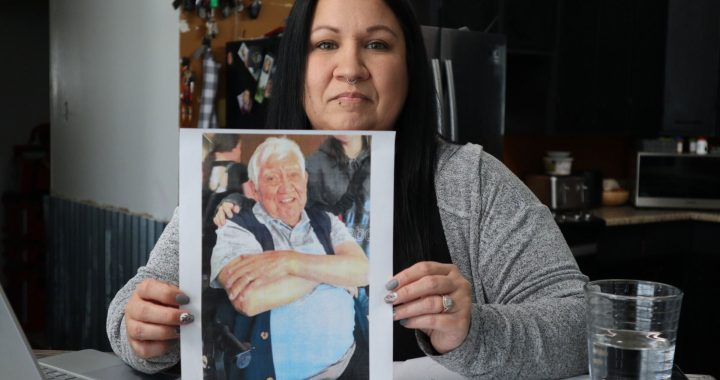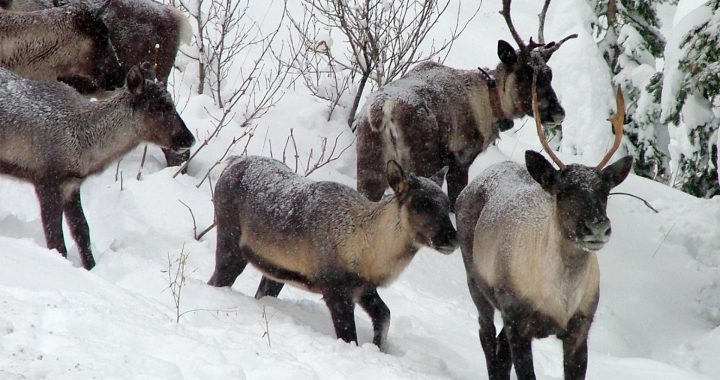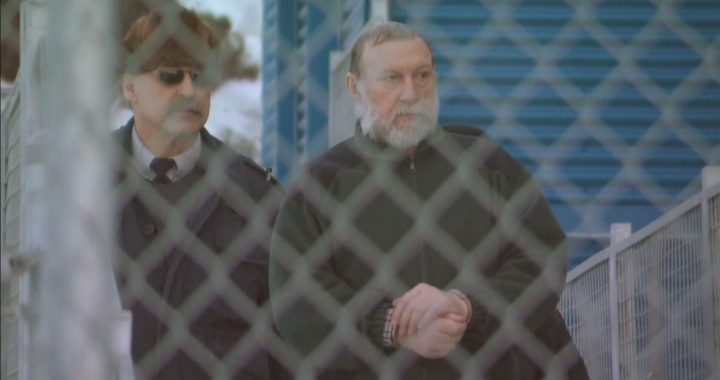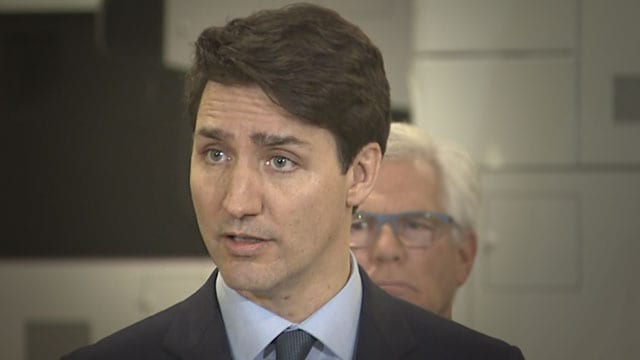
Justin Trudeau won’t say if his government’s forthcoming Indigenous child welfare legislation will return jurisdiction to First Nations over their own children who are placed in state care.
The comment comes as a growing number of First Nation leaders are speaking out about the Liberals’ delay in tabling the bill.
They also say the latest draft circulated to Indigenous leaders did not include the transfer of jurisdiction from provinces to First Nations.
Last week leaders from Ontario, B.C., Saskatchewan and Manitoba told APTN News full jurisdiction over child welfare is a necessary component of any legislation the Trudeau government puts forward.
The prime minister called the impending bill “a historic piece of legislation on many levels,” and said “young people need to be raised in their culture, in their language, in their communities.
“Far too many Indigenous children are taken from their communities and end up lost and losing their cultures. That is unacceptable and that is why we sat down with Indigenous communities, Indigenous leadership, to actually create legislation that they have been integral in actually crafting.”
Trudeau emphasized that role Indigenous people played in developing the bill.
“This is a piece of legislation that is not just about reconciliation, but embodies reconciliation because it was done in true partnership with Indigenous peoples,” he said.
But last week Association of Iroquois and Allied Indians Grand Chief Joel Abram, Federation of Sovereign Indigenous Nations Vice Chief David Pratt and Cheryl Casimer of the B.C. First Nations Summit told APTN that the government has not indicated to them that First Nations will have a chance to review the final draft legislation before it is tabled.
The leaders also said that multiple provinces are fighting the bill, or at least the transfer of jurisdiction to First Nations.
Assembly of First Nations Manitoba Regional Chief Kevin Hart told APTN on Friday that Manitoba is one of the provinces holding up the bill and putting it at risk of never coming to fruition.
“Our children have been commodified and used as leverage by provincial governments” for economic purposes, Hart said.
“The child tax benefits that are generated by kids in care are put into the general revenue of the province of Manitoba to basically stimulate the very economy here when it comes to child and family services.”
On Monday Manitoba’s Families Minister Heather Stefanson announced block funding for Child and Families Services (CFS) agencies in the province that she said will give them “more autonomy for the authorities to decide where the money goes and how they spend that money.”
But many First Nation leaders are firm on the transfer of jurisdiction.
They argue that improving the standards of provincial jurisdiction over Indigenous children in care runs the risk of failing as so much of Canada’s policies and legislation developed to improve the quality of life for Indigenous peoples.
Pratt told APTN that former Indigenous Services Minister Jane Philpott told First Nation leaders in Saskatchewan that returning jurisdiction over their children to First Nation communities “was completely doable”.
But over the past week Trudeau and recently appointed Indigenous Services Minister Seamus O’Regan have not answered questions about jurisdiction.
They have only said that they have heard Indigenous leaders’ concerns and are working to incorporate them into the legislation.
Casimer said last week that it would be “political suicide” for the Liberals “to table legislation that didn’t recognize full jurisdiction and authority” of First Nations.
She said the failure to incorporate full jurisdiction and adequate funding to support the transfer of jurisdiction in the bill are “deal breakers” for many First Nations.
Pratt said Saskatchewan is resisting the transfer of jurisdiction to First Nations, as are other provinces.
Other provinces have been accused of doing the same.
Ontario’s Minister of Children, Community and Social Services Lisa MacLeod said last week her province “is supportive of the spirit of the draft legislation,” but is concerned the draft legislation “in its current form raises too many unanswered questions about how this legislation would work in Ontario, and the impact it could have on Indigenous children and families.”
On Tuesday a spokesperson for New Brunswick’s Department of Social Development said in a statement to APTN that the province “supports the spirit and intent” of Canada “working with Indigenous partners to establish jurisdiction in the area of child and family services.”
A request for clarification on the meaning of “spirit and intent” was not answered by the department.
Trudeau said Tuesday evening that he’s “very much looking forward…to moving forward this legislation,”adding it will “put the safety and security of the children at the very forefront, and recognize that integral to their safety and security is them keeping their culture, language and being raised by their communities and in their culture.”
With files from Brittany Hobson.




